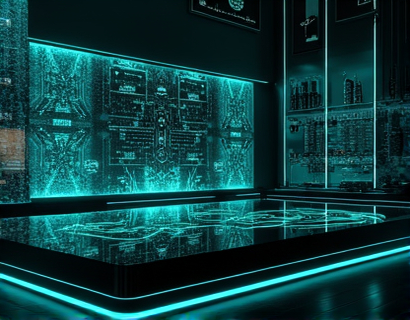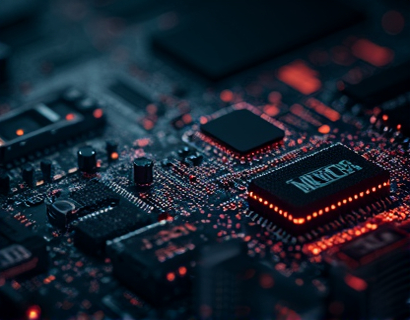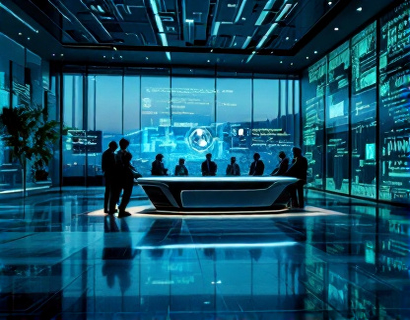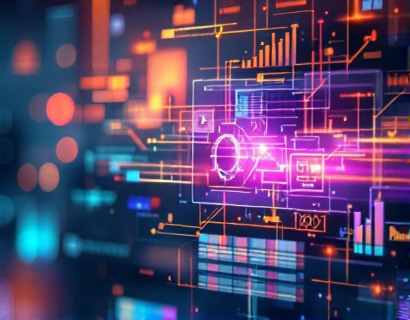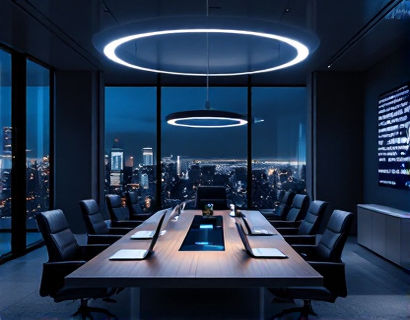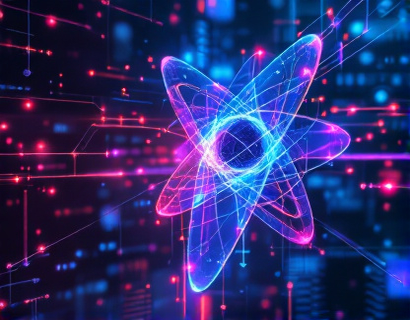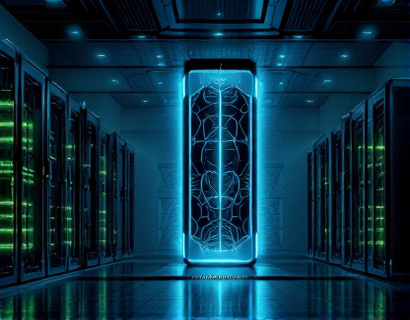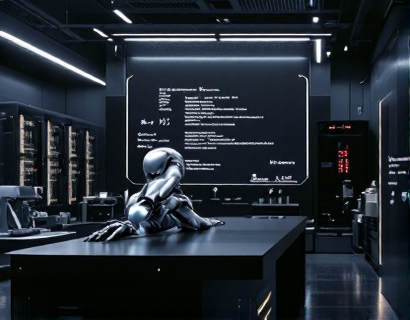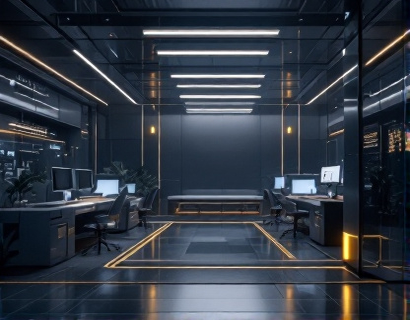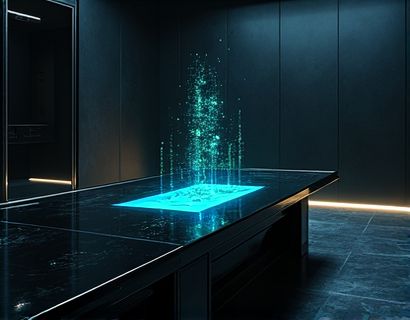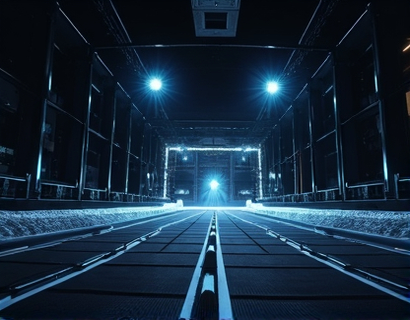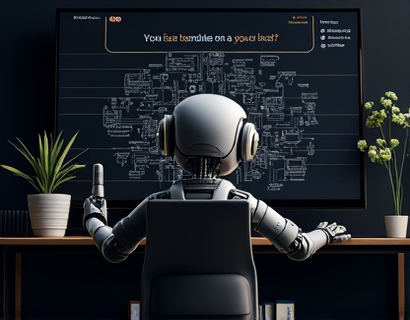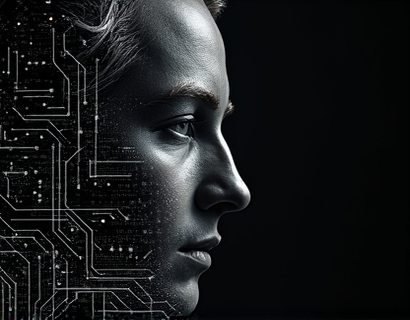Maximizing Event Success with Advanced Lighting and Sound Hardware Management Solutions
In the dynamic world of event planning and production, the success of an event often hinges on the seamless integration and optimal performance of its audio-visual components. Lighting and sound systems are pivotal in setting the mood, enhancing the experience, and ensuring that the event leaves a lasting impression on attendees. To achieve this, leveraging cutting-edge hardware management solutions is essential. These solutions are designed to streamline control, enhance reliability, and provide unparalleled ease of use, making them indispensable tools for event planners and production managers.
Understanding the Importance of Lighting and Sound in Events
The role of lighting and sound in events cannot be overstated. Lighting sets the atmosphere, guides attention, and can even influence emotions and behavior. Sound, on the other hand, is crucial for communication, ambiance, and overall engagement. When these elements are well-managed, they create a cohesive and immersive experience. However, managing multiple pieces of equipment, ensuring they work in harmony, and making real-time adjustments can be challenging. This is where advanced hardware management solutions come into play.
Key Features of Advanced Hardware Management Software
Advanced hardware management software is engineered to address the complexities of managing lighting and sound systems. These solutions offer a range of features that enhance control, reliability, and user experience. Some of the key features include:
- Centralized Control: A single interface for managing all connected devices, simplifying the setup and operation process.
- Real-Time Monitoring: Continuous oversight of system performance, allowing for immediate troubleshooting and adjustments.
- Customizable Scenes and Presets: Pre-defined configurations for different parts of the event, ensuring consistency and saving time.
- Automated Sequencing: Smooth transitions between different lighting and sound settings, creating a professional and polished look.
- Remote Access: Ability to control and monitor systems from a distance, which is particularly useful for large venues or remote setups.
Streamlining Setup and Teardown
One of the significant benefits of advanced hardware management software is the streamlined setup and teardown process. Traditional methods often involve manual adjustments and extensive testing, which can be time-consuming and prone to errors. With these solutions, event teams can quickly connect and configure devices, reducing setup time and ensuring a more reliable start to the event. The centralized control interface allows for quick access to all necessary settings, making it easier to fine-tune the environment before the audience arrives.
Enhancing Reliability and Performance
Reliability is paramount in event production. Advanced hardware management software enhances system reliability through robust error detection and correction mechanisms. These systems continuously monitor the status of connected devices, alerting operators to potential issues before they become critical. This proactive approach minimizes downtime and ensures that the event runs smoothly. Additionally, the ability to save and recall presets means that once the optimal settings are achieved, they can be consistently replicated throughout the event, maintaining high performance levels.
Improving User Experience and Flexibility
The user-friendly interfaces of advanced hardware management solutions make them accessible to a wide range of users, from seasoned professionals to those with less technical expertise. This democratization of control empowers more team members to contribute effectively, enhancing overall flexibility and responsiveness. For instance, a lighting technician can make real-time adjustments based on the audience's reaction, while a sound engineer can fine-tune audio levels to ensure clarity and balance. This level of control and adaptability significantly enhances the attendee experience.
Integration with Modern Event Technology
The integration of hardware management software with other modern event technologies further amplifies its benefits. For example, when combined with intelligent lighting systems that respond to sound levels or environmental conditions, the overall effect can be truly transformative. Similarly, integrating with stage management software allows for synchronized control of multiple aspects of the production, from lighting and sound to video and special effects. This holistic approach ensures that all elements work in perfect harmony, creating a cohesive and engaging experience for the audience.
Case Study: Successful Implementation at a Large-Scale Festival
To illustrate the practical benefits, consider a large-scale music festival where a team implemented an advanced hardware management solution. Prior to the event, the team faced challenges with coordinating multiple stages and ensuring consistent lighting and sound across the venue. By deploying the software, they achieved centralized control over all systems, allowing for seamless transitions and real-time adjustments. The festival received overwhelmingly positive feedback, with attendees praising the high-quality audio and visually stunning light shows. The event organizers also noted a significant reduction in setup time and a decrease in technical issues, contributing to a smoother overall operation.
Future Trends in Event Lighting and Sound Management
The field of event lighting and sound management is continually evolving, driven by technological advancements and changing audience expectations. Some of the emerging trends include:
- Increased Use of AI and Machine Learning: These technologies can predict and optimize system performance based on historical data and real-time inputs, further enhancing reliability and efficiency.
- Wireless and Battery-Optimized Devices: The shift towards wireless systems reduces clutter and simplifies setup, while advancements in battery technology ensure longer operational times.
- Sustainability Focus: There is a growing emphasis on eco-friendly solutions, with energy-efficient devices and power management features becoming standard.
- Enhanced Mobile Integration: Mobile apps are becoming more sophisticated, allowing for on-the-fly adjustments and remote monitoring, which is particularly useful for mobile events.
Conclusion
In conclusion, advanced hardware management solutions are revolutionizing the way events are produced, offering unparalleled control, reliability, and ease of use. By embracing these technologies, event planners and production managers can elevate their events, ensuring a memorable and impactful experience for all attendees. As the industry continues to evolve, staying informed about the latest tools and trends will be crucial for maintaining a competitive edge and delivering exceptional events.






